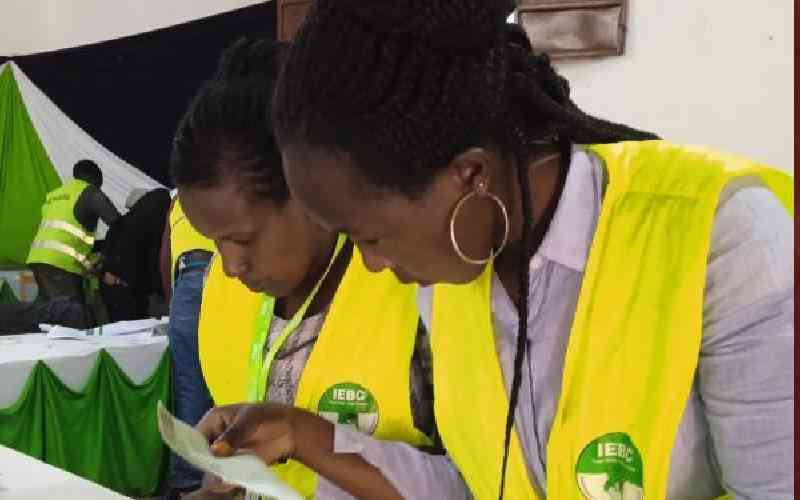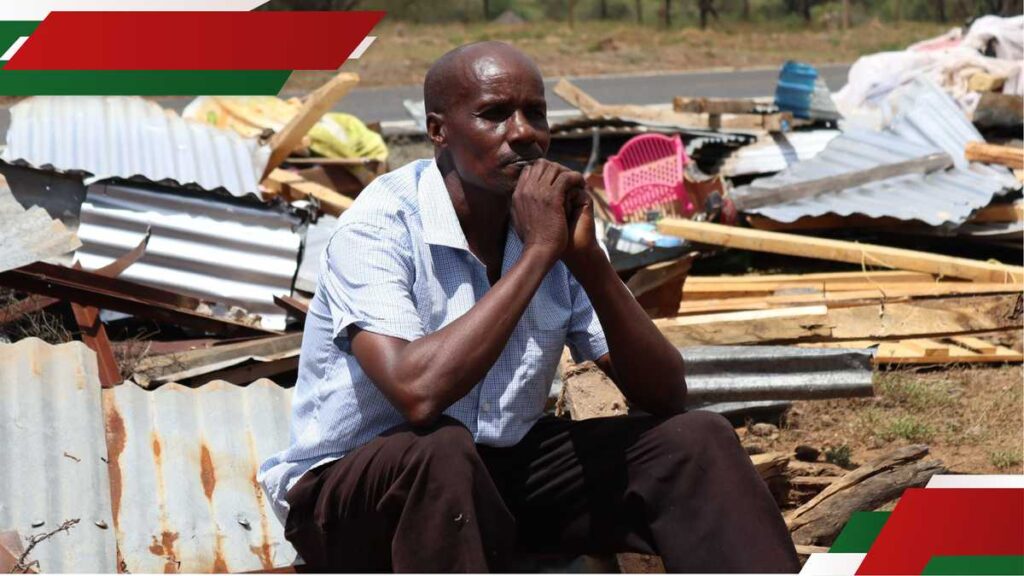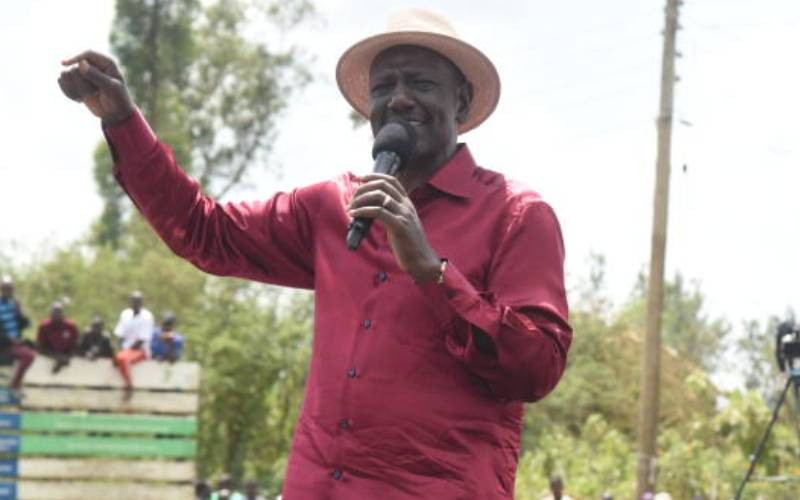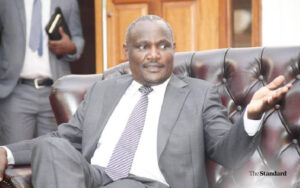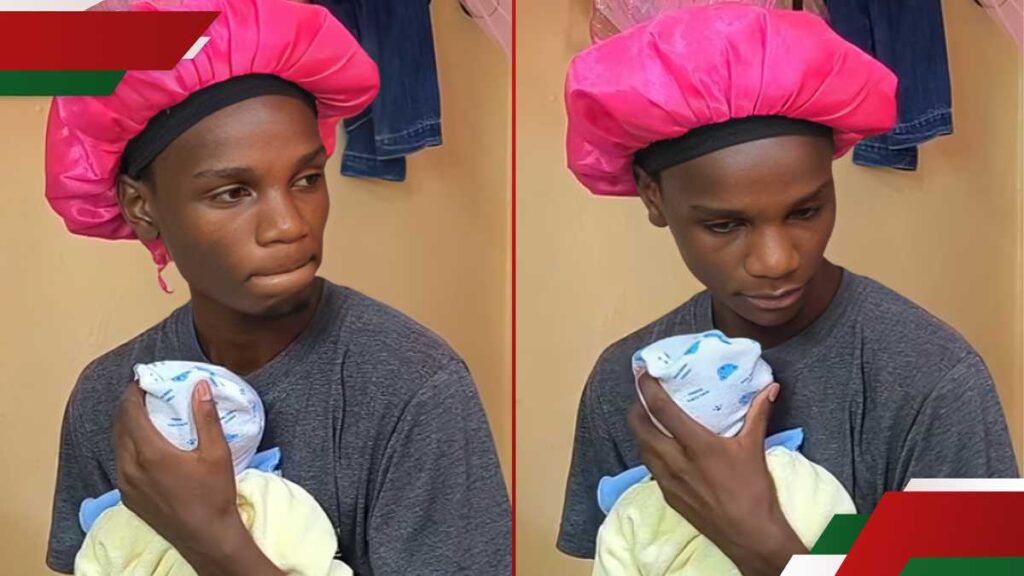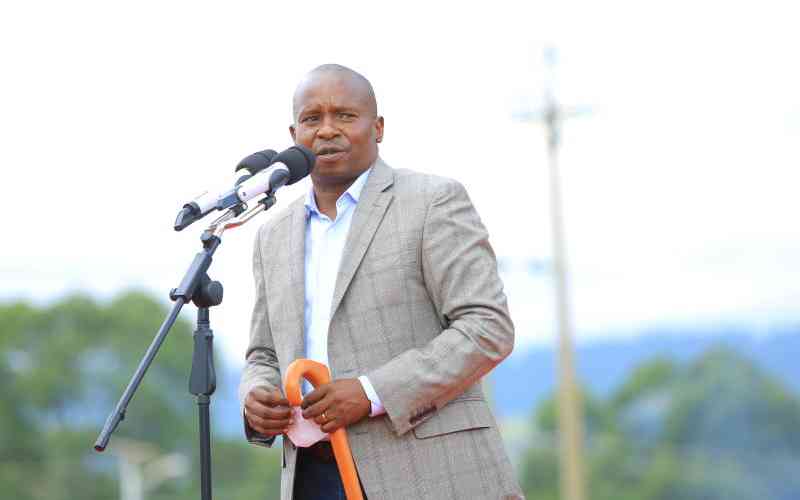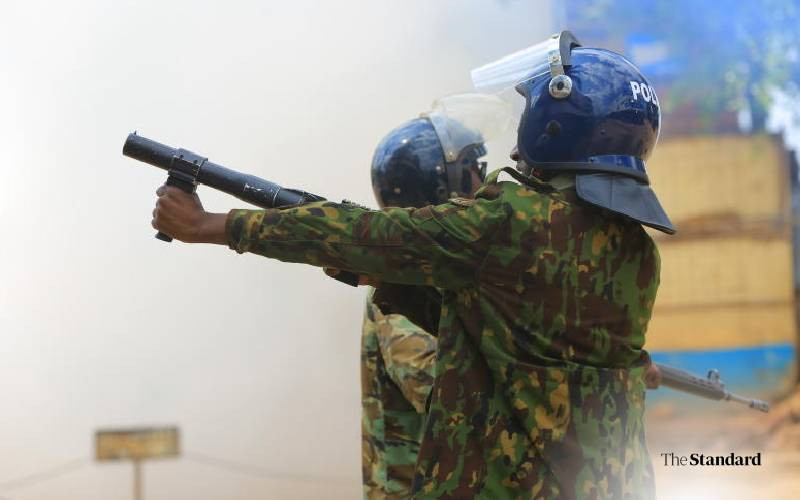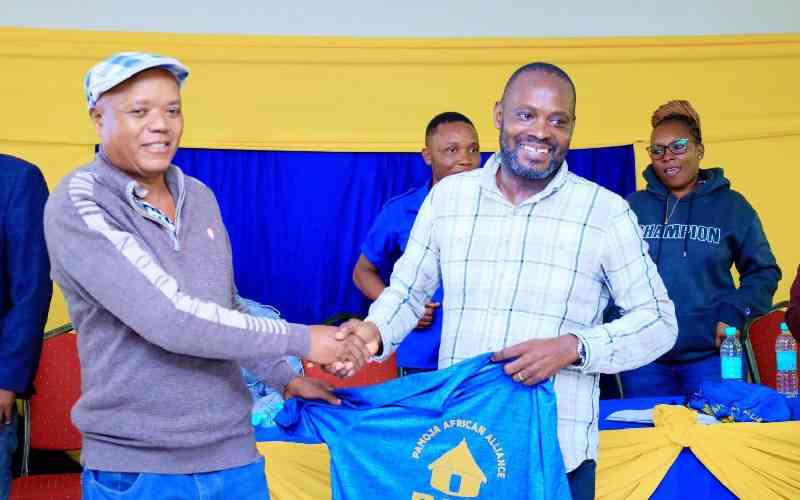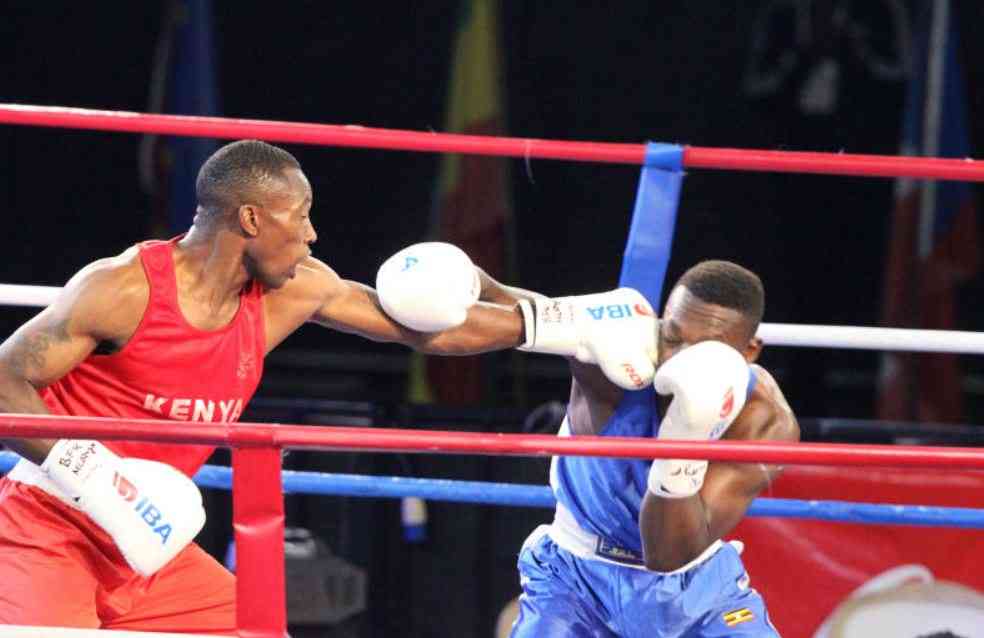The Independent Electoral and Boundaries Commission (IEBC) has received an additional Sh5.78 billion in recurrent expenditure in the new budget for the coming year beginning July 1, 2025.
On a day that President William Ruto received a report on the recruitment exercise of the electoral agency’s Chairperson and commissioners by the Selection panel, it emerged that IEBC would get Sh9.63 billion in recurrent expenditure for the 2025/2026 financial year, up from Sh3.85 billion in the current financial year.
Of the amount, Sh3.35 billion in recurrent expenditure has been directed towards general administration planning and support services whereas Sh3.3 billion will go towards voter registration and electoral operations.
According to the budget books tabled before the National Assembly, another Sh2.35 billion will be expended towards the Electoral Information and Communication Technology- this represents a significant increase from a Sh425.5 million allocations in the current financial year for the same purpose.
At the same time, voter education and partnerships was allocated Sh538.7 million up from Sh36 million in the current year while the much awaited delimitation of Electoral Boundaries exercise was allocated Sh46.5 million in the 2025/2026 financial year having not received any allocation for the undertaking in the current year. The figure is however expected to increase to 46.6 million in the 2026/2027 million and soar to Sh107.2 million in the 2027/2028 financial year.
Notably, the delimitation of boundaries is long overdue with the March 2024 deadline having elapsed. Article 89(2) of the Constitution provides that the IEBC shall review names and boundaries of constituencies at intervals of not less than eight years, and not more than 12 years. The last review was carried out in March 2012.
The lack of commissioners until thus far was occasioned by the exit of former chairman Wafula Chebukati and commissioners Boya Molu and Abdi Guliye, whose tenures expired in January 2023.
Four other commissioners – vice chairperson Juliana Cherera, Francis Wanderi, Justus Nyang’aya and Irene Masit – were kicked out of office following their rejection of the 2022 presidential election results that declared President William Ruto the winner.
But with the conclusion of what has been a tumultuous process by the Nelson Makanda-led panel to recruit new commissioners coming to an end, it is expected that the new team-if approved by the National Assembly- will hit the ground running.
And overall, according to the government’s expenditure plan, the amount in recurrent expenditure allocated to the electoral agency will increase in the lead up to the next general elections. The 2026/2027 financial year will see it get an allocation of Sh19.5 billion and another Sh34.9 billion in 2027.2028.
Meanwhile, records availed by Treasury indicate that from the 2021/22 to 2023/24 financial year, the Commission received allocations of Sh23.2 billion, Sh20.6 billion, and Sh4.7 billion, respectively, forb recurrent Expenditure.
“During the same period, the Commission successfully conducted the 2022 General Elections, which included the election of the President, 290 Members of the National Assembly, 1,448 Members of County Assembly, 47 County Governors, 47 Senators, and 47 County Women Members of the National Assembly. Additionally, the Commission facilitated by-elections for 2 Senators and 8 Members of County Assembly, as well as the preparation of the draft strategic plan,” read the documents in part.
This, however, did not come without challenges as policies on austerity measures that adversely impacted the execution of activities and programs, leading to pending bills and the postponement of critical initiatives sprung up.
“Furthermore, delays in the disbursement of funds from the exchequer hindered the timely implementation of planned programs. The unpredictable volume of election petitions following the elections also contributed to pending bills and delays in the reconstitution of the Commission, which affected the implementation of several activities, including the 2nd Review of the Boundary Delimitation, Continuous Voter Registration, and Voter Education.”
Stay informed. Subscribe to our newsletter
Adding,“To effectively address these challenges, the Commission has consistently sought additional resources from the National Treasury and the National Assembly to facilitate the settlement of outstanding bills and the reconstitution of the Commission.
In the fiscal year 2025/26 and the Medium Term, the Commission aims to develop a strategic election operation plan that will effectively guide the electoral process, facilitate voter registration, and implement pre-election activities.”








